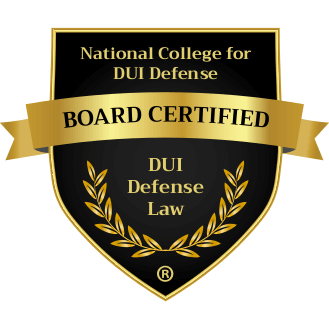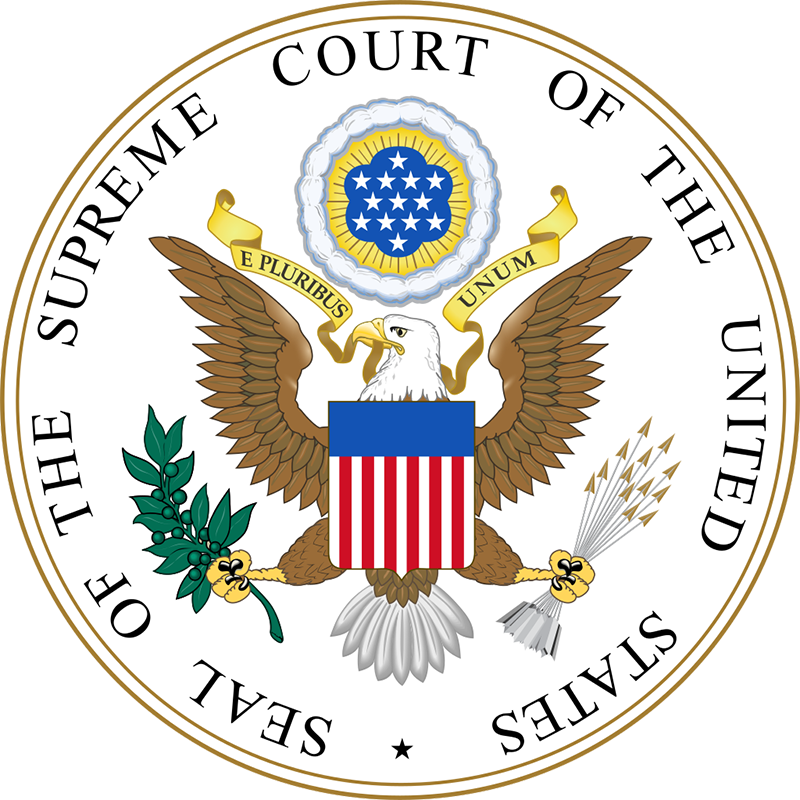It is illegal in every state to drive under the influence of alcohol to the extent that the person's ability to operate a motor vehicle is impaired. While the laws vary from state to state, a person in any state is considered "per se" intoxicated if his or her blood alcohol content (BAC) is at or above .08, meaning that for every 10,000 parts of a person's blood, eight are alcohol. It is also illegal to drive under the influence of narcotics or other drugs.
States have different names for the charge of drunk driving, including Driving Under the Influence (DUI), Driving While Intoxicated (DWI), or Operating a Vehicle While Intoxicated (OVI).
Police have various methods of determining, at a traffic stop, whether a person might be intoxicated. These methods of detecting clues of impairment could include field sobriety tests, in which the suspect is instructed to perform tasks like walking in a straight line touching heel to toe, holding one foot off the ground or touching his finger to his nose. Other methods of determining impairment in a DUI case include requesting a breath tests, blood tests and urine tests. Although the person might refuse to submit to chemical testing, many states impose administrative consequences to the refusal including an automatically suspend of the driver's license.
DUIs are generally misdemeanors, but often carry serious consequences. For instance, many states require an ignition interlock device to be placed on the vehicle. The IID prevents the vehicle from starting or continuing to run without a breath test. Penalties and punishments can also include probation, fines and court costs, community service hours, DUI school, a drug or alcohol evaluation and follow up treatment, vehicle impoundment, and a court ordered driver's license suspension or revocation. Some states have certain lesser offenses if a driver's BAC is lower than .08, or have heightened penalties if it is significantly higher.
DUI defense lawyers are criminal defense attorneys who represent those accused of drunk driving. Issues for defense lawyers often include whether there was probable cause to conduct the traffic stop, continue the detention or make the arrest. The defense lawyer may also challenge the evidence, including testimony about field sobriety exercises, statements taken from the accused or the results of a breath, blood or urine test.






























